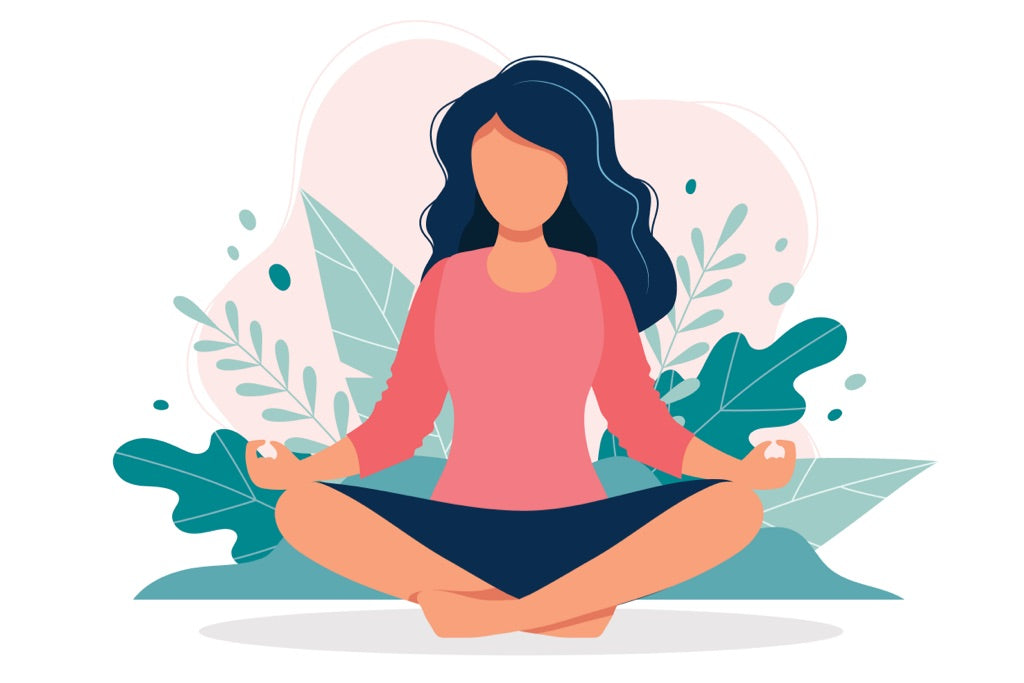In the hustle and bustle of our daily lives, it's easy to get caught up in the external world — meeting deadlines, juggling responsibilities, and striving for success. Yet, amidst this whirlwind, we often neglect an essential aspect of our well-being: our emotional health. Just as we tend to our physical health with exercise and nutritious food, it's crucial to cultivate emotional wellness to lead a fulfilling and balanced life. Join us as we explore practical ways to nurture your inner garden and foster emotional well-being.
Understanding Emotional Wellness
Emotional wellness encompasses our ability to understand and manage our emotions effectively. It's about having a positive sense of self, maintaining healthy relationships, and coping with life's challenges in a constructive way. When we prioritize emotional wellness, we cultivate resilience, inner peace, and a greater capacity for joy.
1. Practicing Self-Compassion
One of the cornerstones of emotional wellness is self-compassion. This means treating yourself with the same kindness and understanding that you would offer to a friend. It involves acknowledging your struggles and shortcomings without harsh self-judgment.
Tip: Start by becoming aware of your inner dialogue. When faced with a mistake or setback, instead of berating yourself, practice self-compassionate statements such as "I am human, and it's okay to make mistakes" or "I deserve kindness and understanding."
2. Embracing Vulnerability
In a world that often values strength and stoicism, embracing vulnerability can feel daunting. However, vulnerability is not a weakness; it's a strength that allows us to connect authentically with ourselves and others. It involves acknowledging our fears and insecurities with courage and openness.
Tip: Start small by sharing your feelings with a trusted friend or journaling about your emotions. Vulnerability can be a powerful tool for building deeper relationships and fostering personal growth.
3. Mindfulness and Meditation
Mindfulness practices, such as meditation and deep breathing exercises, are powerful tools for cultivating emotional wellness. They help us stay grounded in the present moment, reducing stress and anxiety.
Tip: Incorporate a simple mindfulness practice into your daily routine. Whether it's a guided meditation before bed or a few minutes of deep breathing during your lunch break, these moments of stillness can have a profound impact on your emotional well-being.
4. Setting Boundaries
Healthy boundaries are essential for preserving our emotional energy and well-being. They involve recognizing our limits and communicating them assertively with others.
Tip: Take inventory of your commitments and relationships. Are there areas where you feel overwhelmed or drained? Practice saying "no" when necessary and prioritize activities that bring you joy and fulfilment.
5. Cultivating Gratitude
Gratitude is a potent antidote to negativity and stress. It involves intentionally focusing on the positive aspects of our lives, no matter how small, and appreciating them fully.
Tip: Start a gratitude journal where you write down three things you're grateful for each day. This simple practice can shift your perspective and cultivate a sense of abundance.
6. Seeking Support
Finally, it's important to remember that seeking support is a sign of strength, not weakness. Whether it's talking to a therapist, joining a support group, or confiding in a trusted friend, reaching out for help can lighten the emotional burden.
Tip: If you're struggling with your emotional well-being, don't hesitate to seek professional help. Therapists and counsellors are trained to provide support and guidance through life's challenges.
Cultivating a Flourishing Inner Garden
In the journey of life, our emotional well-being is the soil from which our growth springs. By nurturing our inner garden with self-compassion, vulnerability, mindfulness, and gratitude, we create a fertile ground for resilience, joy, and peace to flourish.
So, take a moment to tend to your emotional garden today. Water it with kindness, sunlight it with vulnerability, and nourish it with mindfulness. Remember, emotional wellness is not a destination but a daily practice. As you cultivate a flourishing inner garden, you'll find yourself better equipped to navigate life's ups and downs with grace and resilience. Here's to a journey of emotional wellness and a life well-lived.




No comments:
Post a Comment